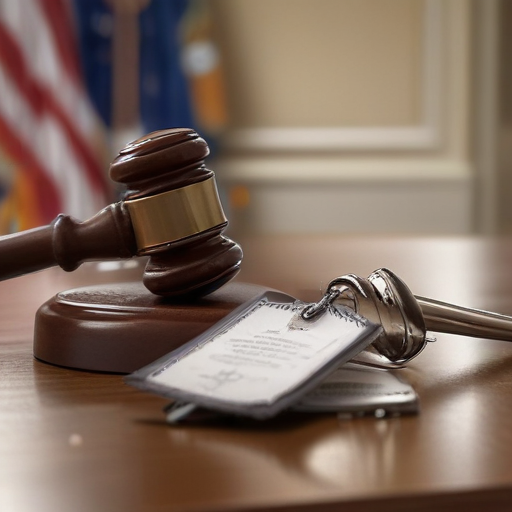During his confirmation hearing before the Senate Armed Services Committee, Pete Hegseth, President Donald Trump’s nominee for Secretary of Defense, navigated a lengthy, intense session filled with inquiries regarding his suitability for the role. Over the course of four hours, Hegseth faced scrutiny over various allegations, including those related to sexual misconduct, as well as his work history and policies he would implement.
One of Hegseth’s main themes throughout his testimony was the promotion of a “warrior ethos” within the military. He emphasized the importance of maintaining a focus on “warfighting, lethality, meritocracy, standards, and readiness.” This approach raised some eyebrows as Hegseth voiced opposition to diversity initiatives within the military, contending that they could undermine the effectiveness and morale of service members.
Despite concerns about his lack of traditional experience in high-level defense roles, several Republican senators responded positively to Hegseth’s outsider status, considering it a refreshing change from the typical political establishment. Senator Eric Schmitt remarked that Hegseth represents a “breath of fresh air,” suggesting that his approach could invigorate the Defense Department.
However, the hearing’s context also revealed significant shortcomings, as many experts noted that critical national security topics were overshadowed by the focus on personal character and allegations against him. Notably, discussions surrounding current global military challenges such as relations with China and the conflict in Ukraine were largely missing. This lack of addressing fundamental military strategy raised concerns about Hegseth’s readiness to tackle complex defense issues.
While debates continued over his fitness for the role, the weighted nature of the hearing illustrates not only the contentious political landscape but also the consequential impact of leadership in shaping military policy and priorities moving forward. As the confirmation process progresses, both supporters and critics will be watching closely to see how Hegseth will articulate his vision for the Department of Defense if confirmed.
This scenario not only highlights the challenges faced by newcomers in prominent government positions but also the expectations that accompany the role of Secretary of Defense in safeguarding national security.
